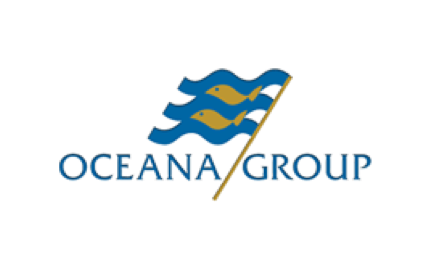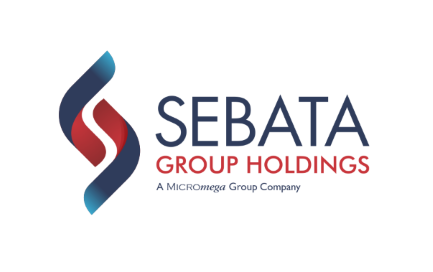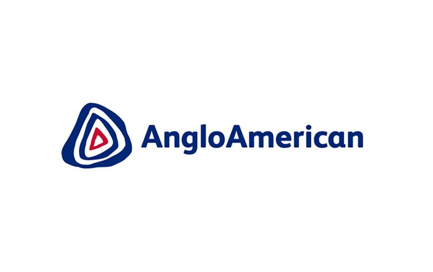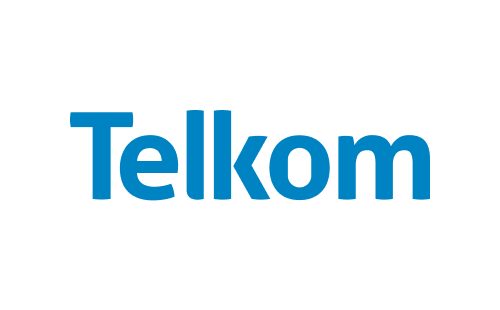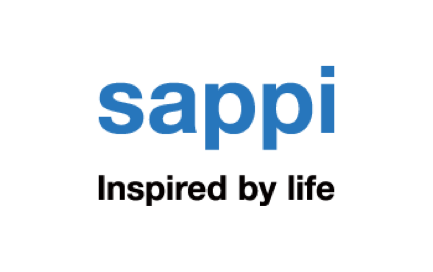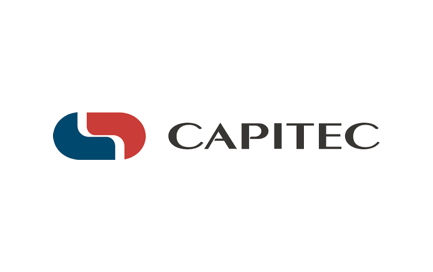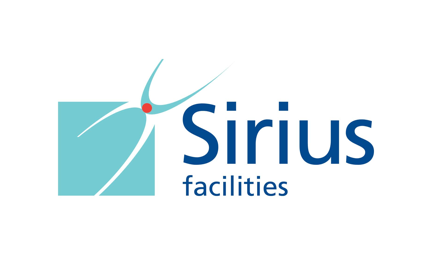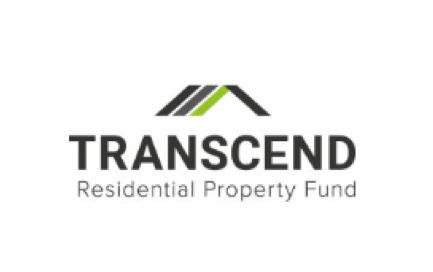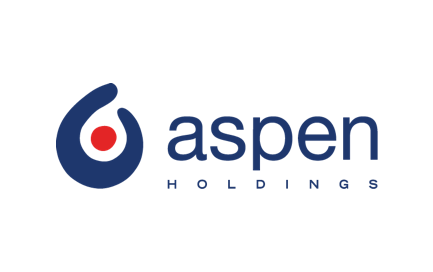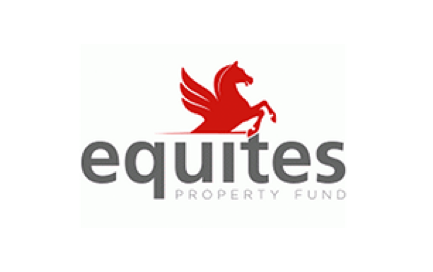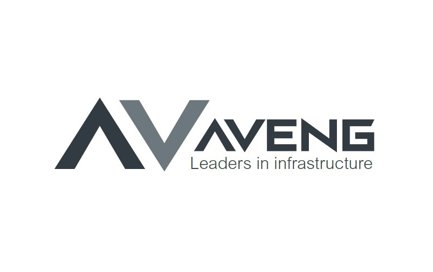If you enjoy Ghost Bites, then make sure you’re on the mailing list for a daily dose of market insights in Ghost Mail. It’s free! SIGN UP >>>
Anglo American is serious about renewables
A major joint venture will deliver 3 to 5 GW of renewable energy by 2030
Anglo American and EDF Renewables have announced a joint venture to develop a regional renewable energy ecosystem in South Afric.
This is a pipeline of more than 600 MW of wind and solar projects in South Africa, the first step towards an ecosystem that can generate between 3 and 5 GW of renewable energy by 2030.
This is a major step for all involved and adds to the almost 1 GW that EDF Renewables will be building or operating in the country by 2023.
In a particularly good example of achieving a full renewable solution, this ecosystem will serve as a clean energy source for the production of green hydrogen for the nuGen Zero Emission Haulage Solution that Anglo American has invested in:

Aveng gets a great price for Trident Steel
The purchase price is well above the net asset value
Aveng has only been trading under cautionary since June, so this has been a relatively speedy negotiation as corporate deals go. The business of Trident Steel is being sold as a going concern for R700 million, plus an amount of R264 million for the net cash portion of the business. There’s also a ticking fee – more on that later!
In this type of deal structure, the buyer acquires the individual assets and liabilities rather than the shares in the company. This avoids any skeletons in the closet, which isn’t to say that there are any such skeletons to worry about. It just means that the buyer wasn’t prepared to take the risk.
Speaking of the buyers, the consortium includes local and US-based private equity investors, as well as the Trident management team. It is typical for the management team to be included in the equity layer in a private equity deal, as incentivisation is key. I’ve only had limited experience in deals with US-based funds, but I do remember a strong preference to de-risk the deal and buy the business rather than the shares. This seems to tie up with the Aveng structure.
The really interesting point is that Aveng is going to provide R210 million in funding to the company that will be acquiring the business. This will give Aveng a 30% stake in that company on a temporary basis, as that stake is reserved for a B-BBEE investor. The holding period will be up to a year and there is a call option in favour of the consortium for R210 million plus interest, which means they can get Aveng out of the structure at any stage after closing. This tells me that they want to get on with closing the deal even though a B-BBEE investor hasn’t been finalised.
With Trident’s primary business being the supply of steel products to the automotive, rail and mining industries, it’s not hard to see why a strong B-BBEE score is important.
There’s always something new to learn in these deals. In this case, there is a “locked box” mechanism, which means the purchase price is fixed based on the balance sheet at a particular date. The alternative is to use “completion accounts” – a method that considers the balance sheet on the closing date and adjusts the price accordingly.
An additional nuance is the “ticking fee” (in this case R7.45 million per month), which incentivises a faster closing of the transaction. The seller receives a higher fee if the deal takes longer to close.
The net assets at 30 June were valued at R409 million, so the purchase price is well above that level. Operating profit for the year was R220 million and profit after tax was R81 million. I’m no expert in this industry, but it looks like Aveng secured a great offer price here.
As this is a Category 1 transaction, shareholders will be asked to give their views on the price in the form of a vote to approve the transaction.
Capitec rallies after announcing a life insurance licence
Capitec will underwrite its own credit life and funeral policies
With strong growth in the number of insured clients, Capitec has taken the significant step of obtaining its own life insurance licence. Capitec Life (a subsidiary of Capitec) will in due course replace the current cell captive insurers as the underwriters of the credit life and funeral policies.
The bank also highlights proposed changes to the third-party cell captive regulations as a driver of this decision.
In simple terms, this means that Capitec is taking on more risk. Rather than giving away profits to other insurance companies and passing on the credit and mortality risks, Capitec has decided to take those risks and retain the related revenue.
Whether or not this will be beneficial in terms of net profit remains to be seen. The market liked it, with the share price closing 5.4% higher on a day when the ALSI closed 3.25% higher.
There were also major purchases of Capitec shares by directors, which are covered in the Little Bites section.
Oceana sells Commercial Cold Storage Group
Oceana is set to receive R760 million from the deal
The sale of this business, known as CCS Logistics, has achieved an enterprise value of R895 million. The amount of R760 million due to Oceana is after adjusting for minority interests. The net assets on the balance sheet are worth R156.8 million and normalised profit after tax is R48.6 million.
The purchasers are the IDEAS Fund and the AIIF4 Fund, both managed by African Infrastructure Investment Managers. Other partners include Bauta Logistics (a food logistics business focusing on the Middle East – Africa region) and Mokobela Shakati as the strategic investment and empowerment partner.
The CCS business has six cold storage facilities with capacity of around 100,000 pallets across South Africa and Namibia.
There’s yet another locked box mechanism at play here, accompanied by “ordinary course leakage provisions” – the announcement doesn’t go into detail on those. What we do know is that Oceana will use the proceeds to reduce debt.
This is a Category 2 deal under JSE rules, so shareholders won’t be asked to vote on the deal.
Unfair and unreasonable
The board of Transcend Residential Property Fund isn’t impressed with the Emira offer
In times of difficulty, it’s not uncommon to see opportunistic transactions on the market. A great example is Emira’s offer to acquire all the remaining shares in Transcend Residential Property Fund.
I’ve seen many deals that are determined by the independent expert to be unfair but reasonable, reflecting a situation where the offer price is lower than the fair value per share and higher than the traded market price. This is especially the case for small caps that tend to trade at eternally frustrating multiples.
This one is unusual, as Deloitte has opined that the offer is unfair and unreasonable to shareholders. The independent board has agreed with that assessment and has recommended that shareholders reject the offer.
The opinion and the report are contained in the response circular and make for interesting reading. The fair value range for the shares is between R6.00 and R6.60. The offer price is R5.38 per share. The independent board takes it a step further, noting that a liquidation of the fund would realise R11.46 per share.
Of course, if the board was actually asked to achieve an order wind-down of the company and return that value to shareholders, we can only speculate what the answer might be.
Notwithstanding this recommendation, the Public Sector Pension Investment Board and the Development Bank of Southern Africa have already agreed to sell their shares. This represents 22.8% of the company and 38.5% of the shares not already held by Emira.
This is a general offer rather than a scheme, so any number of shareholders can accept the offer. There’s no requirement here for a 75% approval.
Little Bites
- Director dealings:
- Capitec’s directors didn’t hold back when it came to their latest purchases, with more than R21 million in aggregate purchases by several directors.
- Equites Property Fund is in dispute with Promontoria Logistics, the company buying land from Equites that is subject to the approval of a planning application. The initial application was refused and the purchaser wants to cancel the deal based on a claim that certain notification requirements were not met. Equites is disputing this attempted cancellation and is moving forward with an appeal to secure the planning approval. Talk about an awkward relationship.
- Sirius Real Estate has acquired three properties in Germany for €44.6 million. They were predominantly funded with capital from three disposals in Germany and the UK for a combined €33.6 million. The disposals were all above book value and the acquisitions have an occupancy rate of just 54%, so there is a significant opportunity for Sirius to create value here. Right at the end of the announcement, Sirius notes that the uncertainty in the market is leading to a slower acquisition pipeline.
- You may recall that Gold Fields is busy with a blockbuster deal that would see the company acquire Yamana Gold. In an update on timing, Gold Fields announced that Yamana shareholders will meet on 21 November and Gold Fields shareholders will meet the following day. It will be fascinating to see what happens here.
- Newpark REIT released a trading statement noting that distributable earnings per share for the six months to August are 43.9% higher than in the prior period. The company intends to declare a dividend of R0.25 per share.
- Telkom has renewed the cautionary related to discussions with MTN, noting that the MTN proposal is still under consideration by both parties.
- Aspen released its annual financial statements and there’s something unusual about them: a change to the reviewed provisional results that were released in August. R1.3 billion worth of liabilities were reclassified from non-current to current, which is a material change. This relates to an amount due by 1 July 2023. The group is in the process of refinancing a much larger amount of R8.4 billion in bank debt, which it expects to have in a new facility before the end of November.
- Sappi has announced a cash tender offer for 3.125% Senior Notes due in 2026, as issued by one of the group’s European subsidiaries. This simply means that the company wants to settle some of its debt. The notes have an outstanding principal amount of €443 million and the target acceptance amount is €150 million. Holders of notes who wish to be paid out would need to follow the tender offer process, with a deadline of 10 October.
- Sebata Holdings has renewed the cautionary announcement related to the potential disposal of one or more of Sebata’s businesses.
- The latest news from the Nutritional Holdings circus is that the court has held the deferral of the liquidation, with a new court date of 20 January 2023. The termination of the listing is under “advanced consideration” by he JSE which doesn’t sound good. In the meantime, the company is looking to finalise historical financial information and proceed with the audit.



